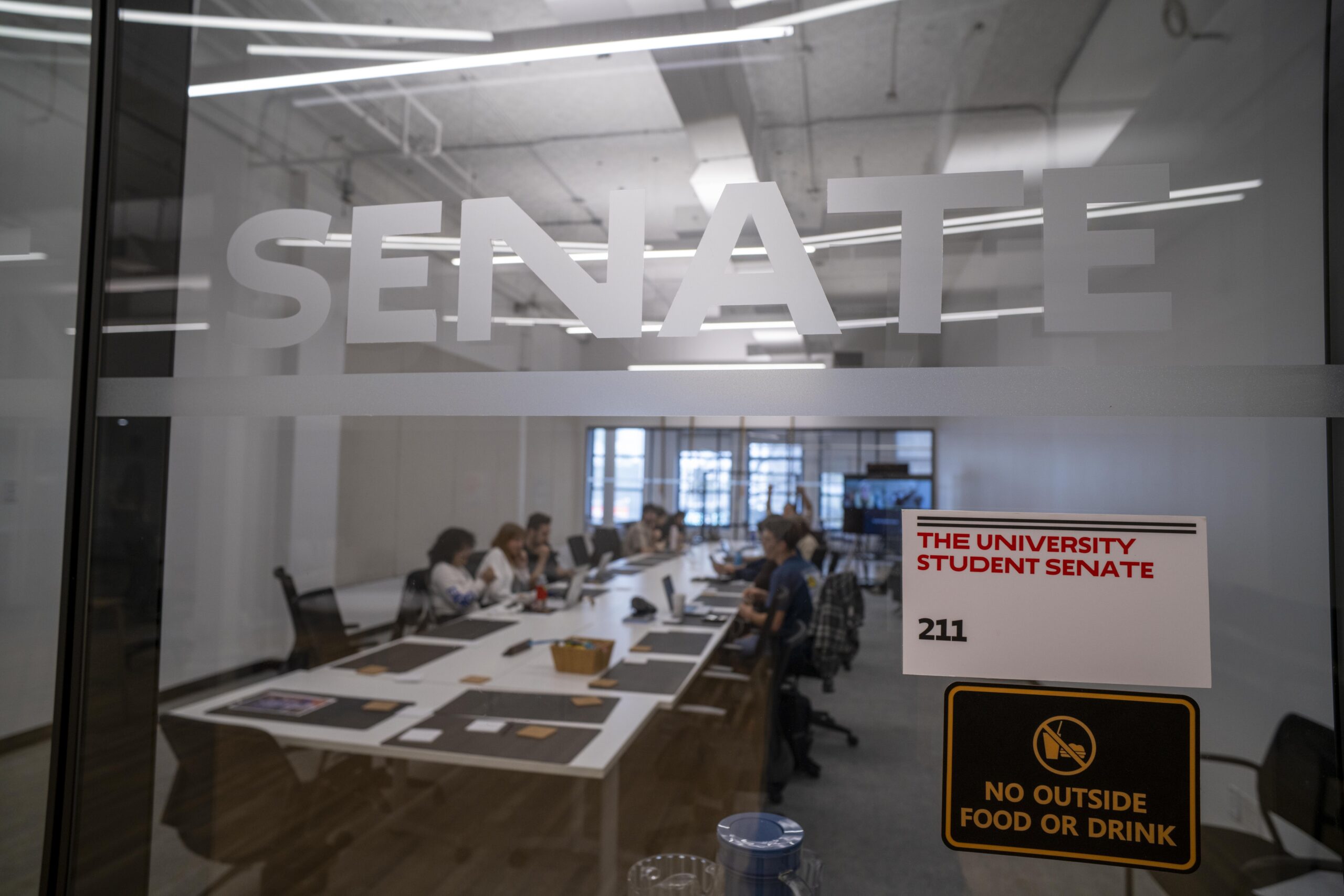New School classes have taken place in unique locales across the city like museums, dance studios, parks, but one theater course will bring Lang students to a place they’ve never been: jail.
As part of the Lang Prison Initiative, professor Zishan Ugurlu will have three unincarcerated students attend her “Introduction to Directing” class alongside seven female inmates, ranging from ages 25 to 40, of the Metropolitan Correctional Center, a federal jail that was once home to well-known criminals like Joaquín Archivaldo Guzmán Loera, also known as “El Chapo.”
The most recent version of the initiative began at the correctional center in spring 2018 without involving any unincarcerated students. This semester also brings a Lang philosophy class to the inmates, taught by Robert Sember, but Ugurlu’s class is the only one to bring Lang students inside MCC.
The Mellon Foundation awarded a $70,000 grant to The New School to fund the Lang Prison Initiative in January of 2018. The one-time grant covers the initiative for the spring and fall semesters of this year. This iteration of the initiative is meant to be exploratory, instead of a long-term program.
“We got that money from the Mellon Foundation but they were very clear, that they would give us a grant once and only once. And it was not to start our own program,” said Stephanie Browner, the dean of Lang. “Mainly they gave us the money to see how we could collaborate because they wanted to see [us] leveraging existing programs rather than us having our own.”
Lang has long had a relationship with prisons, with students even participating in debates at Arthur Kill Correctional Facility in Staten Island. The students were part of a small debate team of Lang students regarding government funds being used to finance higher education for inmates.
The course will focus on unique and notable playwrights such as Anton Chekhov, Lorraine Hansberry and Maria Irene Fornes. Students will have a number of reading, writing and performing assignments to complete throughout the semester. Specifically, they will study script analysis, composition, working with actors and organizing a production.
Ugurlu noted that she and her students are not permitted to ask about or discuss the crimes that these women have been charged with.
“I only know what has been volunteered to me,” said Jade Merriwether, an undeclared sophomore at Lang planning to pursue a degree in culture and media. Some of the inmates were caught in minor money crimes because they unknowingly were working for fraudulent corporate companies, Merriwether said. To her knowledge, some were also accused of violent crimes.
Merriwether and two other students — Sofie Hubbard Warshafksy, a third year global studies and theater major, and Hannah Levy, a third year media studies and theater major — all had to apply with an essay about why they want to join, what they’ll offer and how they hope to benefit.
“I think this is really just an important step in making folks on the outside more aware of how the system works and on the different levels of inaccessibility that these women are facing daily,” Merriweather said.
Warshafksy looked forward to the unique experience after getting her acceptance email.
“I was thrilled because I knew this course would not just be part of another semester, but would most likely have a heavy impact and be an experience that would have a lasting effect,” said Warshafksy.
Unlike The New School where students are able to use their ID cards to gain access to the buildings, students visiting MCC must move through various barriers to reach the classroom space, a small, windowless room with semi-occupied bookshelves and a small television set.
“You’re immediately dropped into this space that is polar opposite from The New School,” said Warshafsky.
Students are expected to dress modestly with long sleeves, long pants, no holes, no metals and no utensils or items that cannot be seen clearly, one of them said. They also have to be cautious not to mention any inmates that have escaped prison.
Some students worried about saying the wrong things to staff and inmates. But that changed when the students finally got to know the inmates.
“I felt a lot more welcomed that I expected to be,” Warshafsky said. “Immediately the women taking the class really wanted to introduce themselves to us, wanted to show us where they live, wanted to show us their beds. It was just very humanizing, it didn’t feel like we are this and they are that, it just felt like an appreciation of each other,” she added.
The class had met five times as of Oct. 4. Already, Ugurlu is seeing benefits.
“It was a beautiful experience because both sides were very excited, and specifically inmates were very excited to meet with students who actually agree to be in this course,” she said.
Ugurlu began teaching in jails in the summer of 2008 at the Arthur Kill Correctional Facility. Aside from this, she has been involved with teaching directing, scene study and how to create a solo performance in prison in collaboration with Rehabilitation Through the Arts and Fortune Society.
Due to the politically active background she was exposed to while growing up in Turkey, Ugurlu decided to accept the offer to teach inside a prison.
“I grew up in a politically active house, so to me it’s like teaching in prison is a political act. And actually talking about mass incarceration allows you to talk about the gender, sex, unemployment, you know the politics, religion, and everything when we talk about this. So, I said yes,” Ugurlu said.
Ugurlu also commented on the ways students learn in a jail. “Everything is going to be handwritten, there’s no computers, there’s no google, there’s no internet” she said. To Ugurlu, these interactions happen much more vividly and strongly than in regular classrooms.
Dean Browner believes in the reach of this program. “Sometimes programs touch only a few lives. We have a lots classes that touch a few lives. Sometimes that can be just as important as a program that has 100 declared majors,” said Browner.
“We’ve engaged on the ground with an incredibly important issue: mass incarceration. But at the level of human beings and their lives,” she said.







